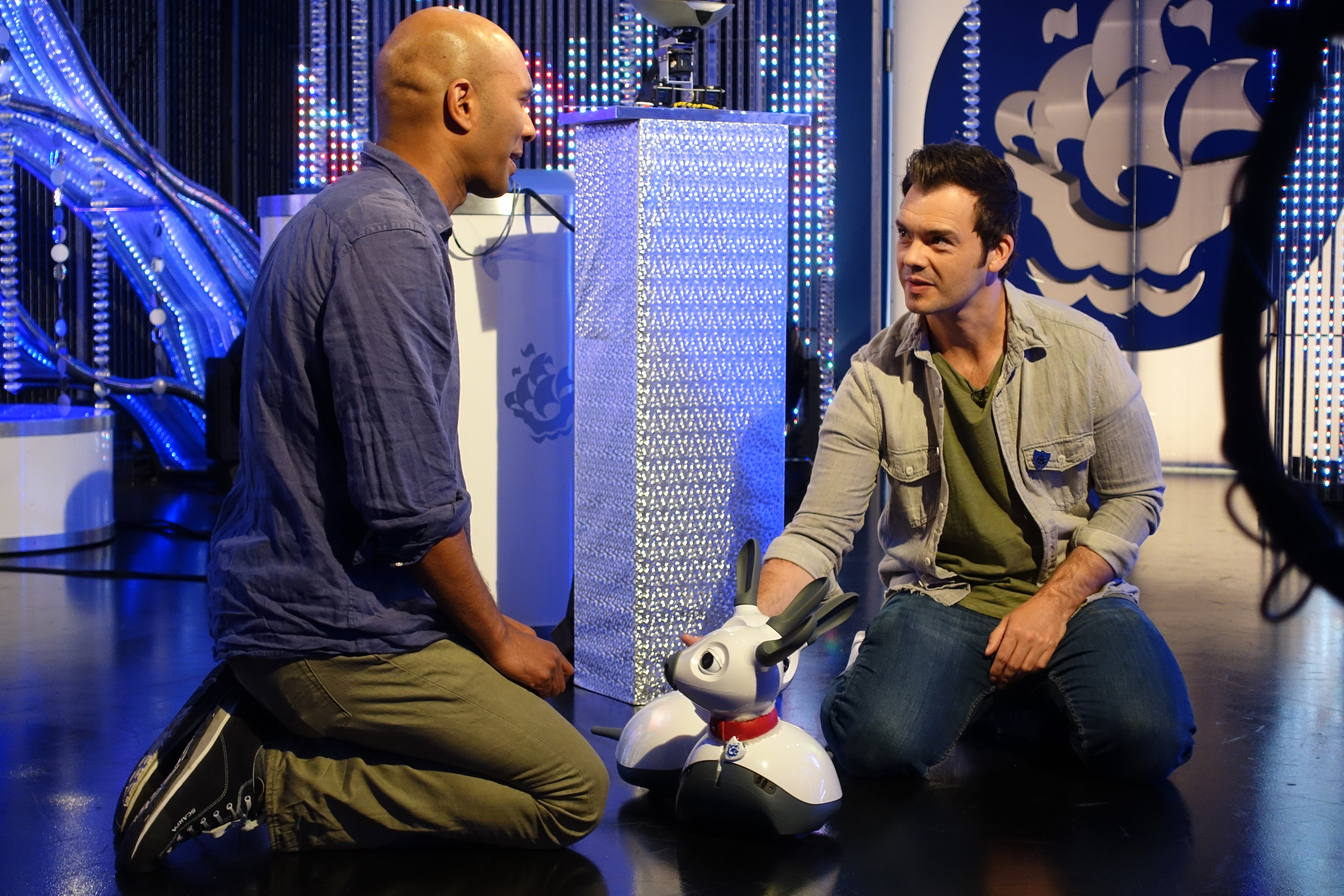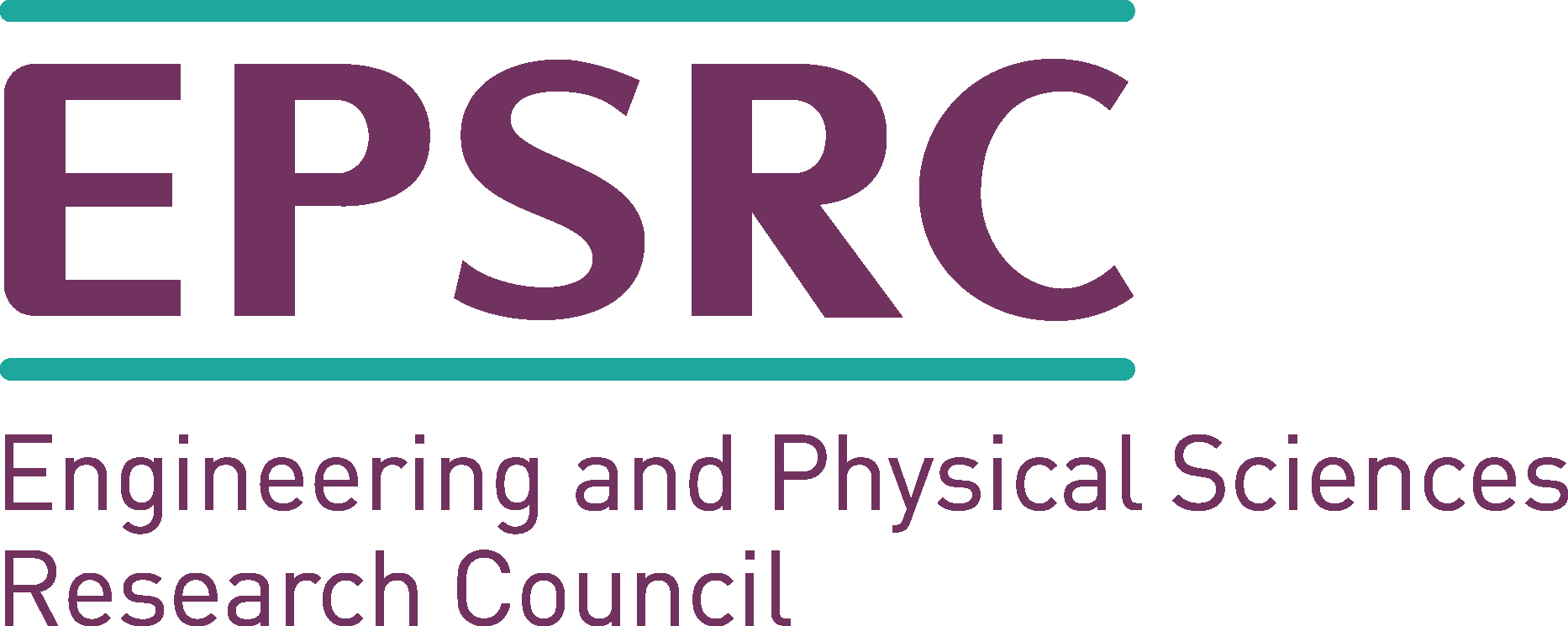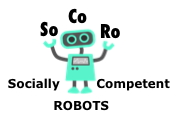Socially Competent Robots (SoCoRo) is funded by the EPSRC Grant No EP/N034546/1

The Socially Competent Robots (SoCoRo) project is funded by EPSRC for 42 months from November 2016 until April 2020 and has the Departments of Computer Science at Heriot-Watt University and the University of Glasgow as its partners. We aim to develop a robot with socially expressive behaviours that can function as a training device for high-functioning adults with an Autism Spectrum Disorder (ASD) and help them to improve their ability to recognise social signals.
Autism Spectrum Disorder (ASD) affects 695,000 people in the UK, and about 547,000 of these are 18 or over (1.3% of the adults in working age). The unemployment rate among adults with an ASD is higher than 85%, nearly double the unemployment rate of 48% for the wider disabled population. One reason for this is that people with an ASD struggle to interpret social signals, those expressive behavioural cues through which people manifest what they feel or think (facial expressions, vocalisations, gestures, etc.). This project will develop a Socially Competent Robot Training Buddy that will help adults with ASD to better deal with social signals in work-related scenarios.
The project is inherently interdisciplinary and falls in the new research area of Socially Assistive Robotics, at the crossroads between robotics, psychology, and social signal processing. So far, autonomous robots have largely been seen as functionally engineered to carry out well-defined tasks in an efficient manner. However Socially Assistive Robots (SARs) must fit into normal human social environments and follow interaction rules that do not disrupt an office or a home or upset their human interaction partners. This project will focus on high-functioning adults with an ASD, and just as physically assistive robots enable people to make movements that are difficult because of physical impairments, the SAR of this project enables people with an ASD to perform social tasks that are difficult - if not impossible - due to social cognition impairments.
The main goal is to reduce the cost of Behavioural Skills Training (BST) through the development of a Robot Training Buddy. BST is recognized as one of the most effective approaches to alleviate ASD effects, but cannot be applied extensively because it is labour intensive. Using an autonomous robot would reduce the human effort and cost of BST and make it more widely available. The main technological challenge is the development of a novel affective architecture that makes a robot suitable for behaviour rehearsal, a critical stage of BST. In behaviour rehearsal, the robot must reinforce the use of appropriate social signals by its human interaction partner while inhibiting the use of inappropriate ones. The team will work with stakeholders involved with training for adults with an ASD to develop workplace-relevant scenarios in which to develop and evaluate the Training Buddy with end-users.
This work will develop the necessary scientific basis for the introduction of socially-competent robots into human social environments, opening the way to a multitude of domestic, educational and assistive applications.
Partners


Stakeholders


Sponsors

 SoCoRo
SoCoRo